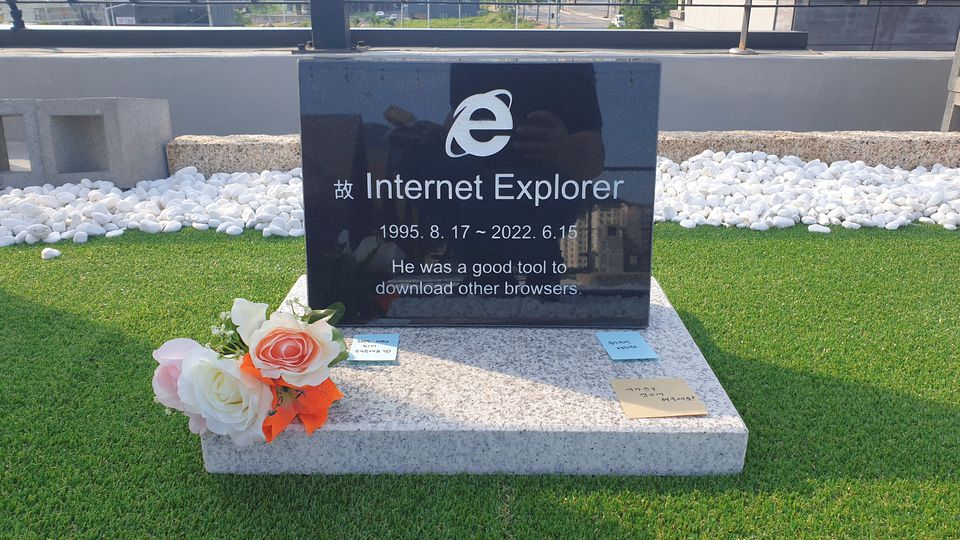Isn't Webkit open-source, which benefits primarily for Apple commercial products? I guess it's as free and open compared to Blink...
Kinda confused as to why Apple would open-source it, something they use that has great importance (Web Browsers).
Oh, this is an easy one. Everybody hates Apple, that is everybody who is not a cult member. And if you don't understand just how deserved that hatred is you need to read up on the history of CUPS. Out of the blue, because Apple didn't have Serial or Parallel ports in anything they made, dropped support. Not only that, but they dropped support for PostScript, a very stable, proven printing technology, and forced everyone to generate PDF. High end printers broke everywhere when the new release rolled out. Not to mention embedded systems developers like myself, who need Serial and Parallel ports to communicate with development targets, were left high and dry.
As to "why" they would OpenSource Webkit? Game of Thrones baby. I lived through the era when there was no communication between an IBM Mainframe and a DEC VAX. Everything was proprietary. Two things are going to happen.
1) Google will put even more tracking and privacy invasion into Blink than it already has.
Google is notorious for invasion of privacy. A while back they pledged to end cookies you might recall. Hey, Microsoft put all kinds of tracking "telemetry" into VS Code and gave it away for free just to track you on Linux. Apple, which periodically pays lip service to privacy will tout Webkit as being OpenSource and non-invasive.
2) History will repeat. History
always repeats. Google will add some proprietary feature to Blink that only works in Blink based browsers. Apple will add some proprietary feature to WebKit and do it in such a way as to make it nearly impossible for Google to add it to Blink or at least add it in a timely manner. Think WASM replacement that generates nX times faster code. Elimination of JavaScript in favor of something newer or cooler? Perhaps they add direct support for Rust, Go, whatever is in vogue this week with those who never went to college so they use scripting languages for everything?
I lived through BW1, the first Browser War. Microsoft lost. If you didn't live through the Browser War, rent
Valley of the Boom. They got that story right. Despite Microsoft embedding their browser it was the least used browser on the Internet.
Edge isn't far behind. Edge uses the Google Chromium code. Firefox, the OpenSourced Netscape, won the Browser War and look at it now.
As to why there aren't OpenSource Webkit browsers? Google paid the other browsers to make Google the default search engine. Cost them dearly in the antitrust case. If you dig through the fine print of the payment arrangements they most likely also had to use Blink as part of the payment terms.
Apple doesn't have a search engine anybody knows about. Maybe one exists, but only Apple users know about it.
We don't yet know what the final fallout from the antitrust case will be. That was an August 24, 2024 decision. Google might well be broken up. Apple might well cut a deal with DoJ promising to never create a search engine and part of the settlement may well be all of the browsers have to dump Blink for Webkit to reduce Google Monopoly. Google may have to end Chromium and its Chromebook products. They aren't going to just write a check for this one. The American DoJ is looking to bust them up like it did AT&T back around the time FreeBSD (well, BSD anyway) came into being.


